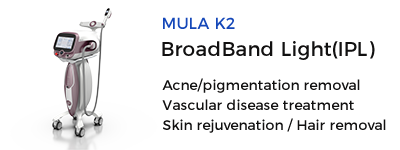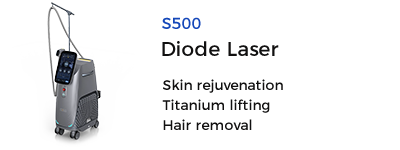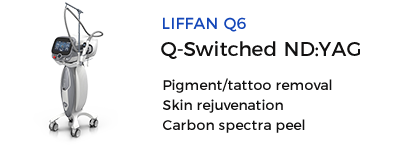Tea Tree Oil and Acne: What You Need to Know
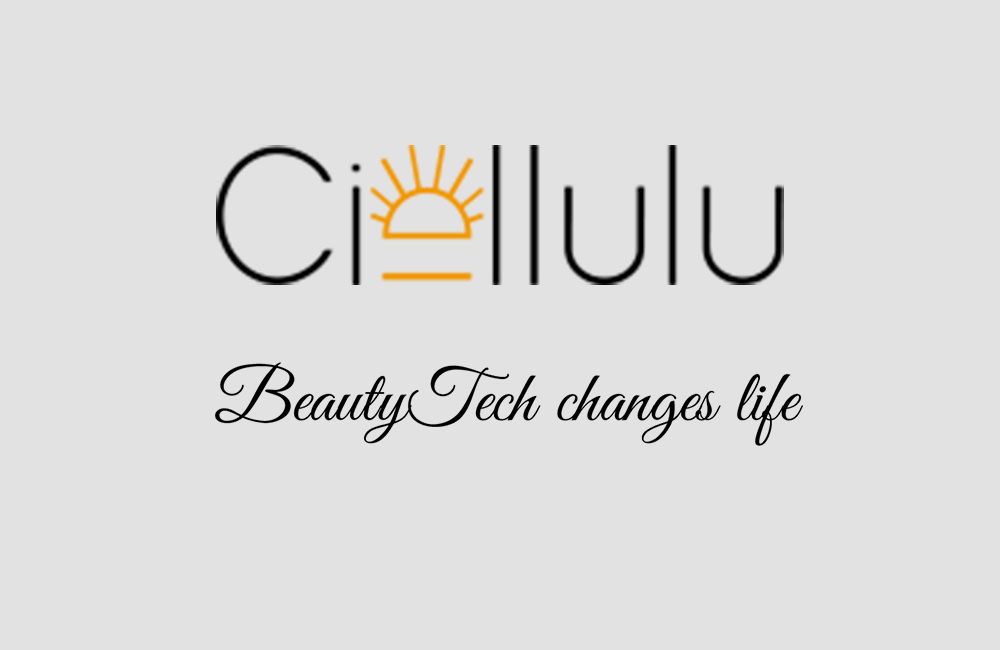
Tea Tree Oil and Acne: What You Need to Know
Tea Tree Oil and Acne: What You Need to Know
Acne is a widespread skin condition that can be both physically and emotionally distressing. Consequently, people seek various treatments to achieve clear, healthy skin. One natural remedy making headlines for its efficacy is Tea Tree Oil. But how does this essential oil compare to technological advances like IPL machines and vascular laser treatments? Let's dive in and uncover what you need to know.
Tea Tree Oil as a Spot Treatment for Acne
Tea tree oil, derived from the leaves of the Melaleuca alternifolia plant, has long been revered for its potent antimicrobial and anti-inflammatory properties. These characteristics make it particularly effective as a spot treatment for acne. When applied directly to pimples, tea tree oil can reduce inflammation, redness, and the size of acne lesions.
One of the key benefits of using tea tree oil is its natural origin—ideal for those looking to avoid harsh chemicals. Research has shown that a 5% tea tree oil gel can be as effective as a 5% benzoyl peroxide lotion, generally used to treat acne, but with fewer side effects like dryness, irritation, and itching.
Advances in Acne Treatment: IPL Photofacial Machine
While tea tree oil offers a more natural treatment method, technological advances have revolutionized the landscape of acne treatment. One such innovation is the IPL photofacial machine. IPL, or Intense Pulsed Light, therapy utilizes a broad spectrum of light to target various depths of skin tissue.
The IPL laser targets the pigment in acne lesions and can reduce both active acne and post-inflammatory hyperpigmentation. The treatment involves minimal discomfort and downtime, making it a popular choice for those with busy lifestyles. Regular sessions can result in improved skin texture and a more even skin tone.
The Role of the IPL Machine in Acne Management
A conventional IPL machine isn't just limited to facial treatments. It can also effectively be used on other areas afflicted by acne, such as the back and chest. This versatility is one reason why IPL machines are becoming increasingly popular.
Like tea tree oil, IPL treatment can reduce inflammation but through a different mechanism. The light energy penetrates the skin to target sebaceous glands, reducing their activity and thereby decreasing the production of excess oils that contribute to acne formation.
Vascular Laser Treatment: Another Effective Option
For those struggling with more severe forms of acne or associated complications like broken capillaries, vascular laser treatment might be an option worth considering. This specialized laser targets the blood vessels that often accompany reddened acne lesions. By collapsing these vessels, vascular laser treatment can reduce redness and improve the appearance of the skin.
Combining Natural and Technological Solutions
The best part about modern acne treatment is the ability to combine different methods for optimal results. For instance, using tea tree oil as a spot treatment for acne can complement sessions with an IPL photofacial machine or vascular laser treatment. Combining these approaches allows for a more comprehensive acne management plan that targets both the symptoms and underlying causes.
Final Thoughts
Acne can be a stubborn and frustrating condition, but advancements in both natural remedies like tea tree oil and technological innovations like IPL machines offer promising solutions. Whether you opt for the natural efficacy of tea tree oil or the precision of an IPL laser or vascular laser treatment, knowing the variety of options available empowers you to make informed decisions about your skin health.
Always consult with a dermatologist to tailor the best acne treatment plan suited for your skin type and condition. With the right strategy, clear, glowing skin can be more than just a dream.

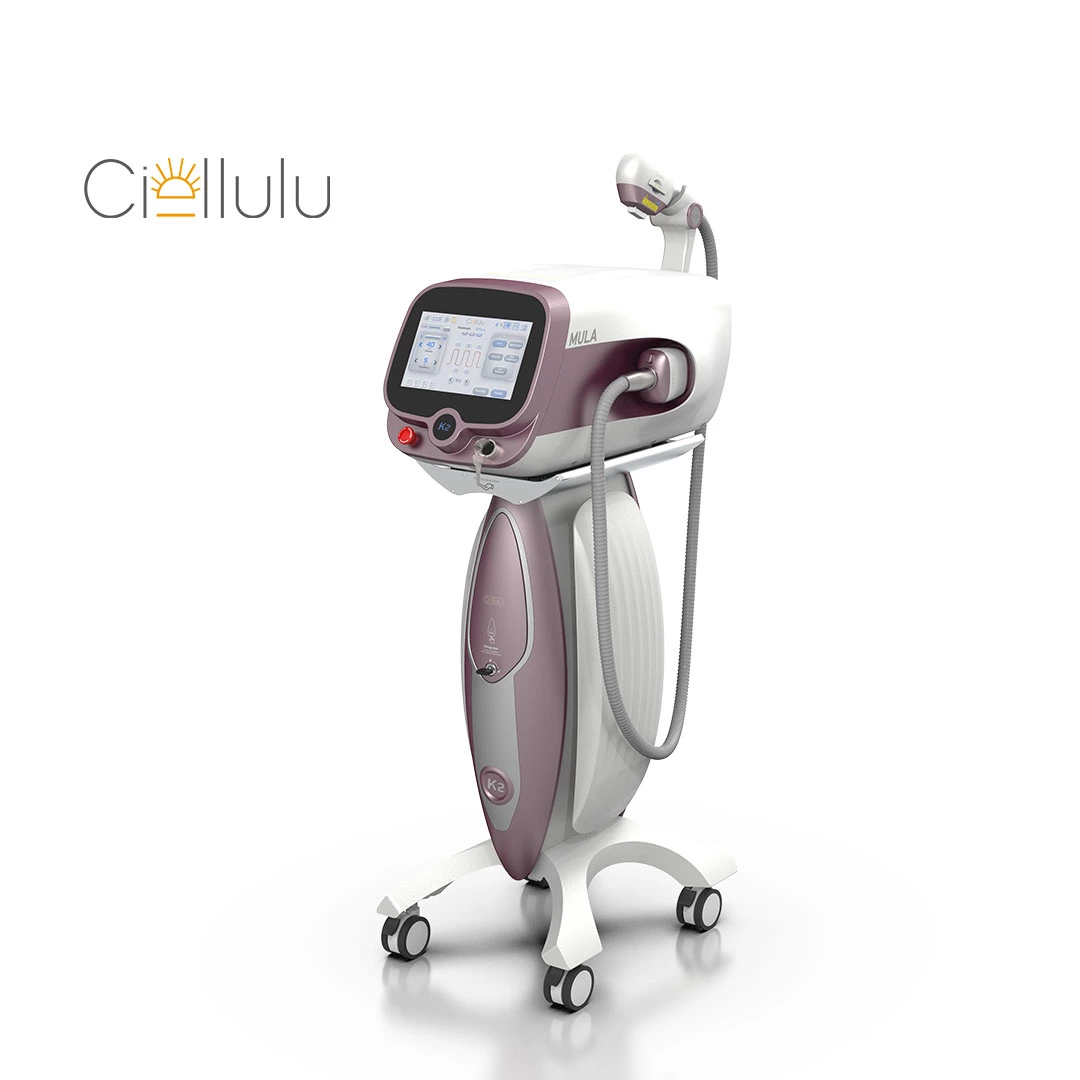
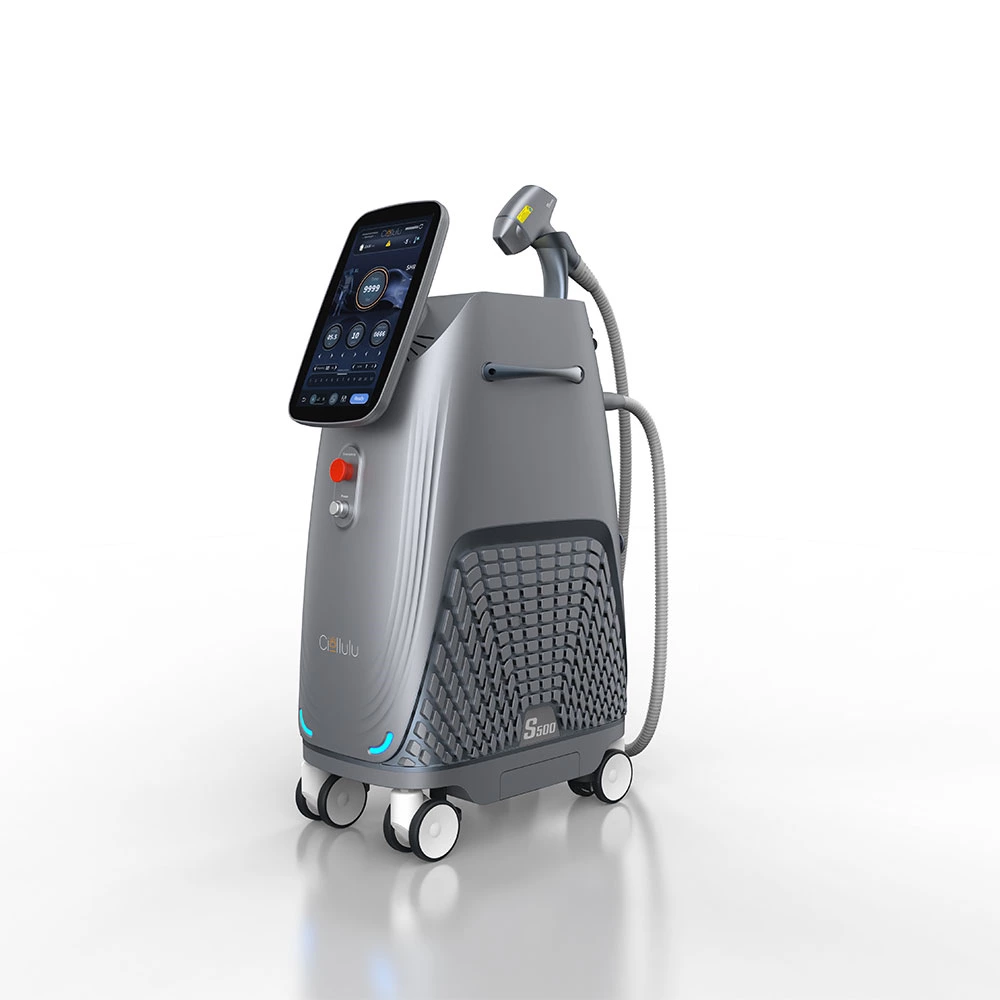
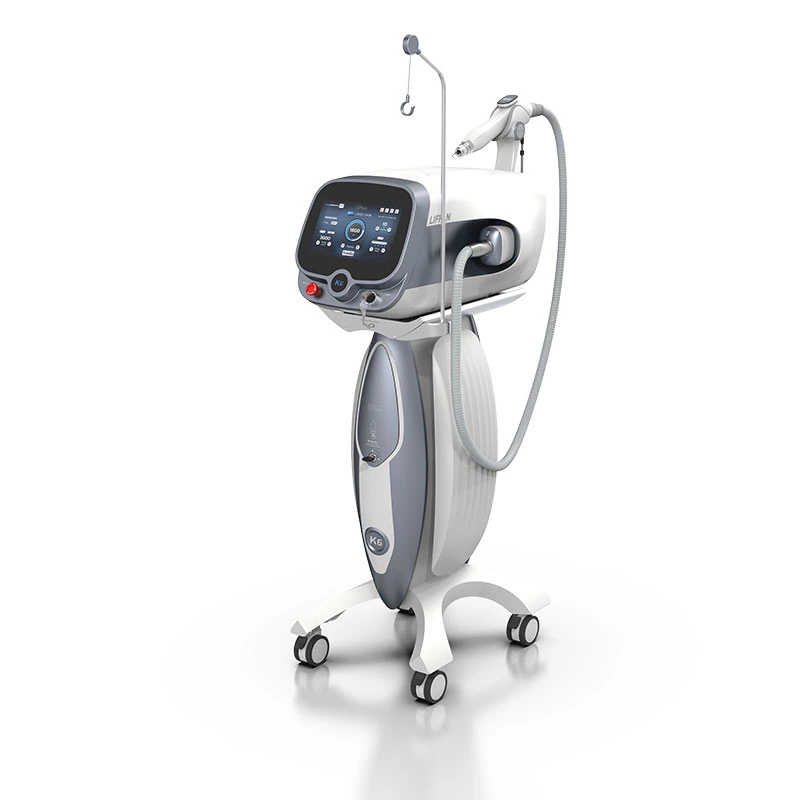
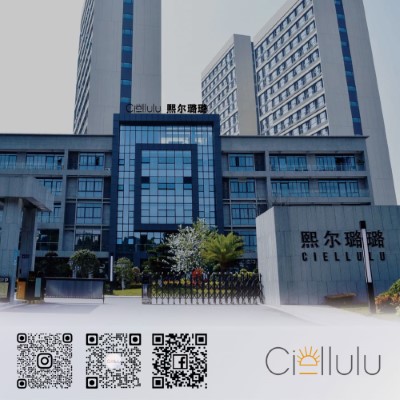 Ciellulu Laser - Facial Machine Supplier
Ciellulu Laser - Facial Machine Supplier